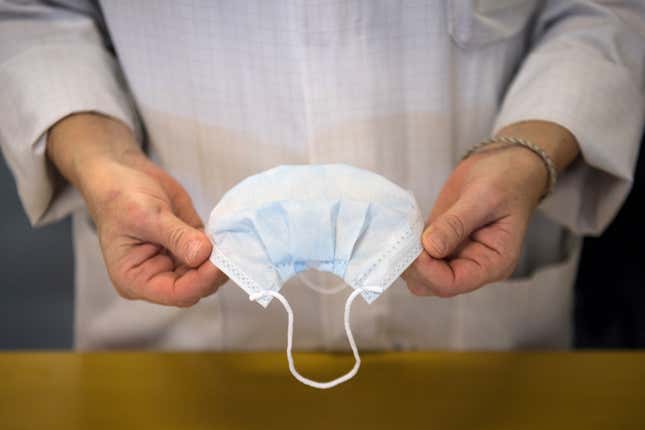Oregon Assault Case Dismissed After Witness Refuses Court's Demand to Testify Without a Mask
Latest

Heather Fawcett first accused Pedro Sanchez of attacking her with a hammer five years ago, and after Fawcett took the case to court, Sanchez was convicted of assault in the second degree by a jury. But after the U.S. Supreme Court struck down Oregon’s nonunanimous jury verdicts, an appellate court overturned the initial conviction and granted Sanchez a retrial. This time around, Sanchez asserted his right to meet his accuser face-to-face and, with the support of the Judge, insisted that Fawcett testify without a mask—despite the trial occurring in the midst of the coronavirus pandemic.
-

-

-

-

-

-

-

-

-

-

-

-

-

-

-

-

-

-

-

-

-

-

-

-

-

-

-

-

-

-

-

-

-

-

-

-

-

-

-

-








































